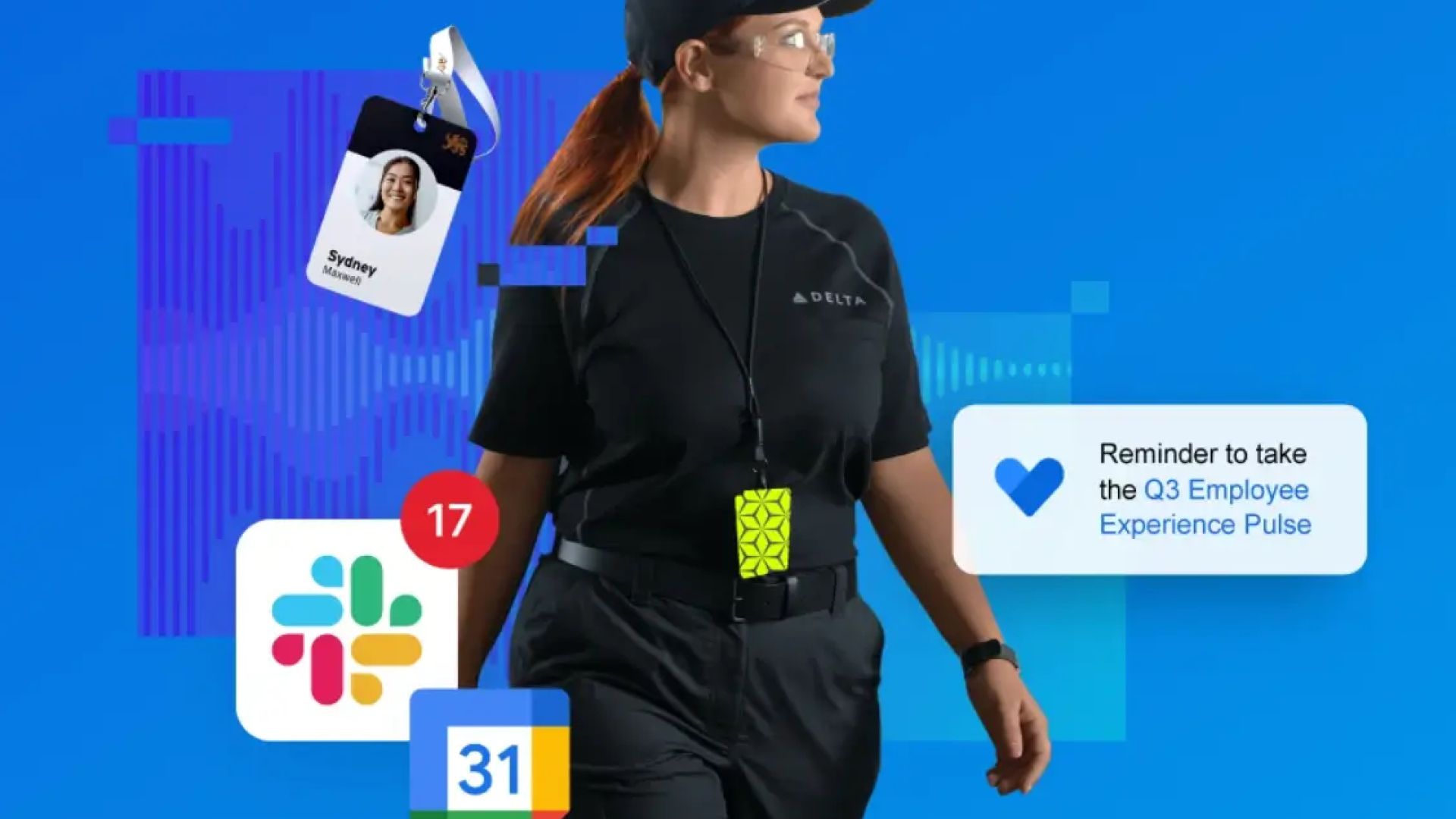Workers in the Philippines are some of the most open to using AI in the workplace globally, according to new research released by Qualtrics, the leaders and creators of the experience management category.
Based on responses from nearly 37,000 employees globally, including more than 500 in the Philippines, the annual Qualtrics Employee Experience Trends Report reveals just over half of local workers (53%) are favorable toward using AI at work for tasks such as writing, as a personal assistant, and when seeking internal support – a figure higher than the global average (42%).
While workers in the Philippines also return some of the highest levels of engagement (83% compared to 68% global average), this figure has decreased by 5 points compared to the previous 12 months, according to the study. Employee well-being and meeting employee expectations have also declined by 2 points during the same period, while an employee’s intent to stay for 3+ years and inclusion have remained stable.
These trends in the indicators of an optimal employee experience are reflected across Southeast Asia – with scores declining in Malaysia and Thailand, and stalling in Singapore – highlighting the need for organizations to refocus towards people-centricity.
The table above shows how Filipino workers scores the key indicators of an optimal employee experience from 2022-2024 against the global average
“As economies focus on improving productivity, employee experience is one of the most important levers to prioritize. There is a well-established connection between employee engagement and organizational performance – from innovation and profitability, through to better customer service and employee health outcomes. Organizations that maintain their people-centric focus and effectively enable their teams to do great work, will be the standout performers in the years to come,” said Dr. Cecelia Herbert, Principal XM Catalyst at Qualtrics XM Institute.

The EX Trends in the Philippines in 2024
Alongside highlighting the state of EX in 2024 in the Philippines, the dedicated team of EX experts at Qualtrics analyzed findings in the study to reveal emerging trends in the workplace:
● Some time in the office is better than none – unless it’s five days
● Employees would rather AI assist them than evaluate them
● Frontline employees are unhappy, poorly supported and least trusting
● The new job honeymoon phase has vanished
● Employees are comfortable sharing work emails and chats for an improved employee experience, but more ambivalent about social media posts being used
Some time in the office is better than none – unless it’s five days
As the debate continues over how many days employees should spend in the office, the Qualtrics research shows many of the key indicators of a positive employee experience – engagement, intent to stay, and well-being – are highest for employees with hybrid work schedules.

Employees would rather AI assist them than evaluate them
Workers are more comfortable with AI in the workplace when they have a sense of control over it – such as for writing tasks (72% of employees would use AI for this), as a personal assistant (66% of employees), and contacting support functions (54%) – than in higher-stakes situations like education (47%) or hiring decisions (47%).
Frontline employees are unhappy, poorly supported and least trusting
Frontline workers[1], such as cashiers, restaurant servers, and retail workers, play a critical role in business outcomes and are often the most important driver of a great customer experience. However, when compared to all employees, morale and job satisfaction are at their lowest among frontline employees—77% of frontline workers are happy with their basic pay and benefits in contrast with 79% of non-frontline workers.
There’s also a difference in how empowered they feel to suggest changes. 67% of frontline workers believe they can propose changes, while it’s 70% for non-frontline workers.
The new job honeymoon phase has vanished
Historically, employees were more engaged for at least their first year in a new role. However, new hires -or those who were hired for less than six months – now have lower levels of engagement (77%), intent to stay (48%), well-being (76%), and inclusion (88%) compared with more tenured employees. Tenured employees or employees who have been with the company for more than a year (1-2 years) reported higher engagement (82%), intent to stay (53%), well-being (82%), and inclusion (89%).
The data reveals how important the first several months of a new job are to building committed and loyal employees–yet only 41% of HR leaders prioritize onboarding new employees to fully integrate them into the company. With many of these new employees excluded from annual engagement surveys, organizations may be missing critical information for retaining their newest hires.
Employees are comfortable sharing work emails and chats for an improved employee experience, but more ambivalent about social media posts being used
Today’s employees are comfortable with their employer listening passively to work emails, work processes like interview notes, virtual meeting transcripts and chat messages to improve their experience. 85% of workers are comfortable with their organization using email data to better understand and improve their experience at work. They are less comfortable with companies using social media posts, whether anonymous or not – 41% of employees are comfortable with social media being used.
This change comes as recent advances in feedback technology give organizations new ways to find out how employees are doing beyond engagement surveys. Unlike directly solicited feedback, “passive listening” does not require extra effort from employees but still provides critical insights.
Read the full 2024 Employee Experience Trends Report here.
About Qualtrics
Qualtrics, the leader and creator of the experience management category, is a cloud-native software provider that empowers organizations to deliver exceptional experiences and build deep relationships with their customers and employees – so they can understand their greatest friction points, retain and engage top talent, and deliver the right products and services. Nearly 20,000 organizations around the world use Qualtrics’ advanced AI to listen, understand, and take action. Qualtrics uses its vast universe of experience data to form the largest database of human sentiment in the world. Qualtrics is co-headquartered in Provo, Utah and Seattle. To learn more, please visit qualtrics.com.




